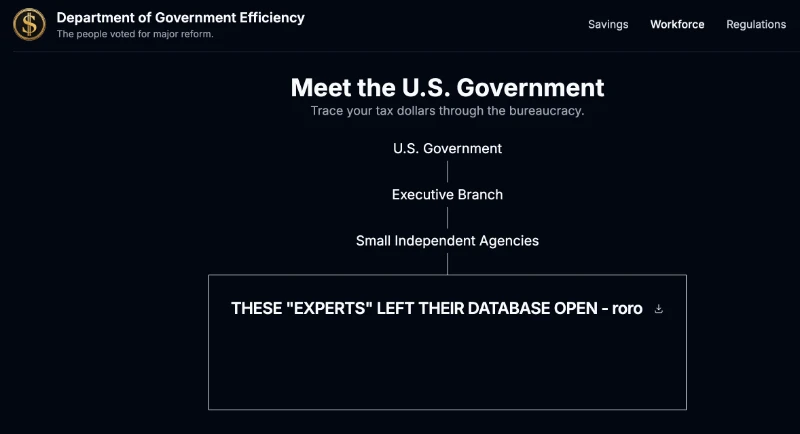Could Canada Really Become the 51st State?
As President Trump stirs controversy with bold claims about U.S.-Canada relations, experts warn of dire implications for sovereignty and national identity.
In a move that has sent shockwaves across North America, President Donald Trump recently suggested during a Super Bowl interview that Canada could become the 51st state of the United States. His remarks have ignited widespread concern and debate, with many questioning the implications of such a drastic shift in national borders and identity. Trump's comments have been met with fierce opposition from Canadian leaders and citizens alike, who view this as an affront to their sovereignty.
Adding fuel to the fire, Trump signed a proclamation declaring February 9 as "Gulf of America Day," showcasing his bold approach to reshaping national identity and borders. This declaration was made aboard Air Force One while en route to New Orleans for the Super Bowl game. The renaming of the Gulf of Mexico by presidential proclamation is seen by critics as another example of Trump's audacious attempts at redefining geopolitical landscapes.
Trump's claims regarding U.S.-Canada trade relations have further exacerbated tensions. He asserted that Canada is a financial burden on the U.S., citing an alleged $200 billion annual subsidy - a figure refuted by experts who point out that this number misrepresents trade dynamics between the two nations. "The U.S. is not subsidizing Canada," said one economist, emphasizing that America's imports from resource-rich Canada are part of normal trade practices rather than subsidies.
Canadian Prime Minister Justin Trudeau responded swiftly to Trump's comments, underscoring concerns over Canada's sovereignty and potential resource exploitation by its southern neighbor. Trudeau stated unequivocally: "There's not a snowball's chance in hell that Canada will ever be the 51st state." His firm stance reflects growing unease about external pressures threatening Canada's autonomy.
Public reaction in Canada has been overwhelmingly negative towards Trump's remarks, with many Canadians expressing resentment and calling for boycotts against American products as acts of resistance. This sentiment is echoed in various social media platforms where users rally around national pride and unity against perceived threats from Trump’s administration.
"Trump is causing a lot of trouble," remarked Mary Brock, a shopper in Toronto who actively avoids purchasing American-made goods - a small yet symbolic act reflecting broader public discontent.
Experts warn about the implications if annexation discussions were taken seriously, drawing historical parallels with past statehood processes in America. Jason Parker, a historian at Texas A&M University noted: "We would be in very uncharted waters...there isn’t really an example of taking over a sovereign nation like this." Such discussions raise alarms about potential misuse or unforeseen outcomes should these ideas gain traction.
The economic impacts if Canada were hypothetically absorbed into the U.S., including tax changes and security issues raised by Trump himself, are also points of contention among economists and policymakers alike. Concerns revolve around how such integration might disrupt existing systems or services crucial to both nations' economies.
The role of social media in amplifying public sentiment has been significant, with platforms like Twitter becoming a battleground for opinions on the matter. Tweets expressing outrage or support for Canada's independence from U.S. influence have flooded timelines, showcasing the polarized views on Trump's remarks.
Insights into how Trump's administration plans to address tariffs with Mexico and Canada further strain relationships between the countries. The imposition of tariffs is seen by many as an aggressive move that could lead to economic instability and deteriorate diplomatic ties. "Trump's tariff threats are not just about economics; they're about power dynamics," said trade analyst Laura Thompson.
Reactions from various political leaders within Canada highlight their positioning as defenders of national sovereignty against Trump’s aggressive stance. Ontario’s leader, Doug Ford, has taken to wearing a hat that says “Canada is not for sale,” symbolizing resistance against perceived American encroachment.
"There isn’t really an example of taking over a sovereign nation...we would be in very uncharted waters." - Jason Parker
Commentary from political scientists suggests this situation could reshape Canadian politics ahead of upcoming elections amid rising nationalism. The controversy has unified Canadians across party lines, creating a rare moment of solidarity in defense of their country's autonomy.
Broader implications for U.S.-Canada relations moving forward include fears surrounding trade wars and military alliances being tested under Trump’s leadership. Experts warn that such tensions could lead to long-term consequences if not carefully managed.
Perspectives from those supporting Trump's views argue that his approach aims at efficiency in government spending and protecting American interests. However, critics caution against dismantling essential services under Musk's initiatives linked with Trump's policies.
